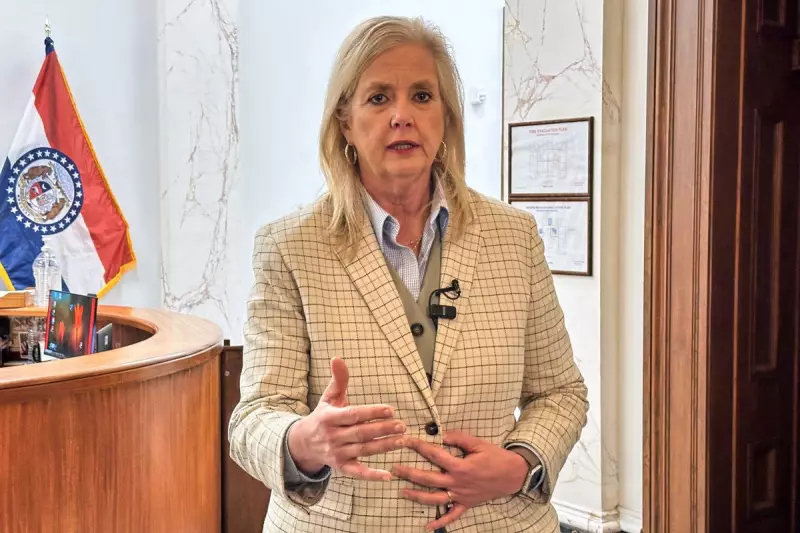
The US state of Missouri has intensified its unprecedented legal campaign to seize properties owned by the Chinese government, formally requesting federal assistance to collect on a colossal $25 billion court judgement linked to the COVID-19 pandemic.
The Legal Battle Over Pandemic Damages
Missouri's Attorney General, Catherine Hanaway, confirmed on Wednesday, 19 November 2025, that her office has asked the US State Department to officially notify China of its intention to target assets with full or partial Chinese government ownership. This dramatic move stems from a lawsuit alleging that China hoarded personal protective equipment (PPE), including respirator masks, medical gowns, and gloves, during the critical early months of the health crisis, thereby harming Missouri and its residents.
The case has followed a complex legal path. Initially dismissed in 2022 by US District Judge Stephen Limbaugh, a subsequent appeal allowed one core allegation to proceed: the claim of PPE hoarding. With Chinese officials declining to participate in the proceedings and labelling the lawsuit "very absurd," Judge Limbaugh eventually ruled in Missouri's favour. He accepted the state's damage estimate, which exceeded $8 billion, tripled it as permitted by federal law, and added 3.91% interest until the amount is collected, bringing the total to nearly $25 billion.
Challenges and International Repercussions
Beijing has consistently and firmly rejected the ruling. China's Ministry of Foreign Affairs has asserted that its actions during the pandemic are not subject to US jurisdiction. This stance is bolstered by the principle of foreign sovereign immunity, a legal doctrine that typically shields nations from lawsuits in US courts, leading many legal experts to express significant doubt over Missouri's ability to successfully collect the judgement.
Attorney General Hanaway acknowledged the challenges ahead, anticipating a protracted process. "We think the state was damaged. We want to recover," Hanaway stated, emphasising that the pandemic imposed substantial costs on the state for healthcare and other public benefits. Her office is currently compiling a list of potential Chinese-owned properties that could be targeted for seizure, focusing on those wholly owned by the Chinese state or by companies where it holds a stake.
A Politically Charged Case
The lawsuit has notable political roots. It was originally filed by then-Attorney General Eric Schmitt, a Trump ally who later won a US Senate seat. The case was then continued by his successor, Andrew Bailey, another Trump ally who resigned in September to become co-deputy director of the FBI. The current attorney general, Catherine Hanaway, a former US attorney, inherited the case upon her appointment by Republican Governor Mike Kehoe. The State Department and the Chinese Embassy did not immediately respond to requests for comment on the latest development.





